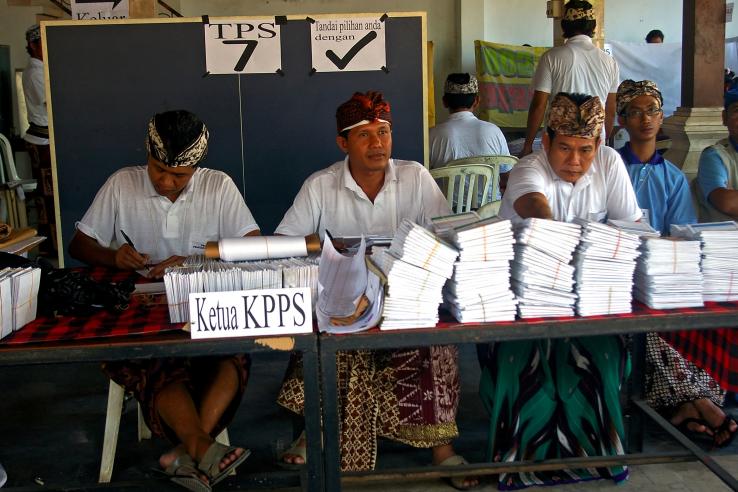Displaying 7591 - 7605 of 8163
Person
Person
Person
Person
Person
Person
Person
Person
Person
Person
Person
Person
Person
Person
Paul is Communications Manager at J-PAL Africa, where he leads the office’s communications strategy and implementation. He works across all portfolios and with the broader office team to guide the planning and development of editorial content, message framing, web features, email engagement, social...
Initiative
J-PAL’s Governance Initiative (GI) funds randomized evaluations of interventions designed to improve participation in the political and policy process, reduce corruption and leakages, and strengthen state capacity.
